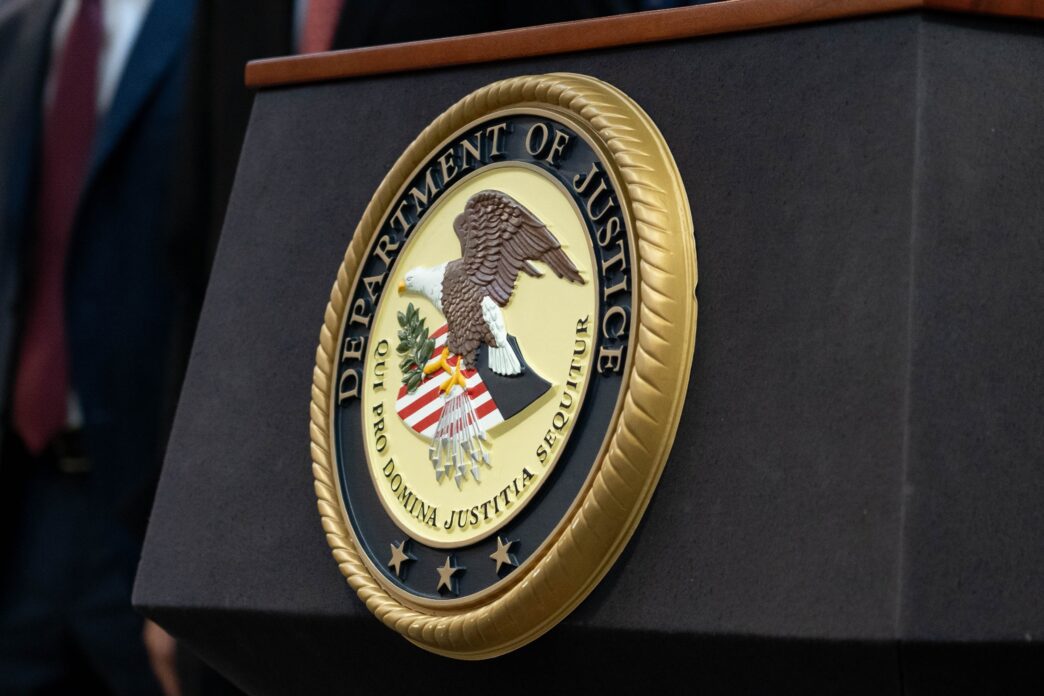Executive Summary
Laws and Precedent
A federal jury in Tampa, Florida, has convicted Heidi Richards, 52, of Brandon, on charges of conspiring to traffic in illicit Microsoft certificate of authenticity (COA) labels. Richards, operating under Trinity Software Distribution, was found guilty of illegally acquiring and reselling thousands of standalone COA labels, which are designed to authenticate genuine Microsoft software and are prohibited from being sold separately from their associated licenses and hardware. She faces a maximum of five years in prison, with sentencing scheduled for February 26, 2026.
Case Details
Evidence presented at trial revealed that Richards paid millions of dollars to co-conspirators for thousands of genuine, standalone Microsoft COA labels, obtaining them at prices significantly below the retail cost of the software they were meant to accompany. She and her employees then harvested the product key codes embedded on these labels before selling them in bulk to her customers.
Federal law explicitly forbids the trafficking of these standalone COA labels, which possess no independent commercial value when separated from their intended software programs. COA labels serve a critical function in authenticating Microsoft software, helping consumers identify genuine products, and incorporating security features designed to prevent counterfeiting.
The illicit secondary market for COA labels thrives because they contain product key codes essential for activating Microsoft software, despite their legal requirement to be sold only with the associated license and hardware.
Investigation and Prosecution
The Homeland Security Investigations Kansas City Field Office led the investigation into Richards’ activities. Assistant U.S. Attorney Risha Asokan from the Middle District of Florida and Trial Attorney Jared Hosid from the Justice Department’s Computer Crime & Intellectual Property Section (CCIPS) prosecuted the case.
CCIPS is responsible for investigating and prosecuting cybercrime in coordination with domestic and international law enforcement agencies, often with assistance from the private sector.
Looking Ahead
This conviction underscores the ongoing efforts by federal authorities to combat cybercrime and intellectual property theft within the software industry. Richards’ sentencing next year will determine the final legal repercussions for her role in the large-scale scheme to exploit Microsoft’s authentication system.








